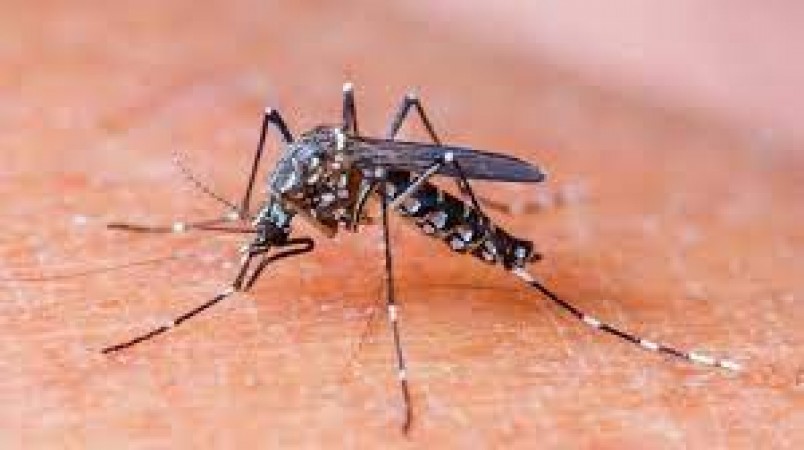
Dengue and typhoid fever are both serious illnesses that can pose a significant risk to human health. While they are distinct diseases with different causes, symptoms, and treatment approaches, they share a common characteristic: when left untreated or mismanaged, they can become fatal. In this comprehensive guide, we will delve into the world of dengue and typhoid, exploring their causes, symptoms, complications, and, most importantly, how to prevent them from turning deadly.
Dengue fever is a viral infection caused by the Aedes mosquito. It is prevalent in tropical and subtropical regions around the world, including parts of Asia, the Americas, and Africa.
At first, dengue may seem like a mild flu-like illness, with symptoms such as high fever, severe headache, pain behind the eyes, joint and muscle pain, and rash.
In some cases, dengue can escalate to severe dengue, also known as dengue hemorrhagic fever or dengue shock syndrome. This is where the disease becomes life-threatening.
Typhoid fever is caused by the bacterium Salmonella Typhi and is primarily transmitted through contaminated food and water. It is a global health concern, especially in areas with poor sanitation.
Typhoid often starts with symptoms like a high fever, headache, weakness, and stomach pain. This phase is sometimes called the "typhoid state."
Without appropriate treatment, typhoid can worsen, leading to severe complications.
Fatalities in dengue typically occur when the disease progresses to severe dengue. Early recognition of warning signs and prompt medical care can significantly reduce the risk of death.
In typhoid, fatalities are often the result of severe complications, such as intestinal perforation or organ failure. Timely antibiotic treatment is crucial.
Both dengue and typhoid fever can become fatal if not properly managed. Recognizing the warning signs, seeking medical attention, and taking preventive measures are essential in reducing the risk of these diseases turning deadly. Remember, early intervention can save lives.
What Hormonal Condition Affects Women's Heart Health? Five Ways to Control It
Jackfruit seeds increase immunity, there are other benefits for health